What are hybrid cars?
A hybrid electric vehicle is one that combines a conventional petrol or diesel engine with one or more electric motors which are powered by the battery. The motor is supposed to augment the propulsion power of the engine, although some hybrids are able to rely on electric power alone for short distances. These cars are rising in popularity due to their fuel economy advantages and reputations for being more environmentally friendly.
Diesel hybrids are much rarer than petrol ones as, despite technological advancements, combining the engines with electrical power systems is more complex and expensive. Due to the engine’s torque characteristics, diesel units do not naturally complement traction motors in the same way that most petrol units do.
How does a hybrid car work?
These vehicles typically feature an internal combustion, a motor, and a battery. However, today there are several types of hybrids on the market, and each type operates in a slightly different way.
Firstly, you should know the difference between full hybrids (FHEVs) and mild hybrids (MHEVs). MHEV systems have smaller batteries which means they do not have the capacity to run on electric power alone. The electric motor is there to give the fuel engine a boost when accelerating. Full hybrids, on the other hand, have a large enough capacity to operate in EV mode for short distances.
- i Series HEVs
This type of hybrid can use both sources of power, or sometimes switch to all-electric power for a short period of time. In a series HEV system, only the electric motor drives the wheels and the engine is used solely to power a separate generator which in turn gives the motor a boost. A controller detects when and how much power is needed and from which source.
These FHEVs feature a regenerative braking system which uses wasted energy to recharge the battery. The motor helps the car to slow down when braking. The energy which is generated by the wheels during this process is transferred back to the motor which converts the kinetic energy into stored energy in the car battery. - i Parallel HEVs
Parallel models usually have full hybrid capabilities and self-charging systems work in the same way as those found on series cars. However, the key difference is that the engine is coupled to the wheels and this system doesn’t use a separate generator; the electric motor plays this power generation role instead. These vehicles are also cheaper to produce, but not as fuel efficient as series FHEVs. - i Plug-in HEVs
These vehicles are closer to all-electric vehicles as they have larger batteries than other hybrids and can usually operate in EV mode for longer distances. The battery can be recharged by plugging them into a charging station or electrical outlet.
What are the advantages and disadvantages of hybrid vehicles?
- + They should consume less fuel than standard petrol vehicles, allowing you to save on petrol
- + The emit less CO2 due to their fuel efficiency and are therefore considered to be more eco-friendly
- + Depending on where you live, you may be offered tax benefits and other financial incentives if you buy a hybrid car
- + They have a higher resale value as more and more people are switching to hybrid electric cars
- + They have better MPG ratings than conventional vehicles
- - The combined power units generate less power than normal engines
- - The investment costs are high as hybrid cars are usually quite expensive
- - The maintenance costs are also typically higher as dual power systems are much more complex
- - It can cost a lot of money to replace the battery
FAQs
⚠ How long do hybrid car batteries last?
These batteries are expected to last at least 10 years or 150,000 miles. Most of them are covered by a warranty, but new batteries can cost around £3000.
⚠ Are hybrids reliable?
According to one of the latest Which? car surveys, petrol hybrid cars were the most reliable when compared to other cars with other fuel types (petrol, diesel, EVs, and plug-in hybrids). Toyota and Honda are known for manufacturing highly reliable HEVs, such as the Toyota Prius and Honda Accord.
⚠ Are HEVs manual or automatic?
The large majority of hybrid vehicles are automatic, however there are some mild HEVs with manual transmissions. Adding a manual transmission system to a car that can run on all-electric power is not beneficial.
Den
a smiley technician with plenty of experience starring in AUTODOC's video tutorials;
Never seen without his goggles;
races his BMW X5 E53;
dreams about receiving a Gold Play Button for getting 1,000,000 subscribers on YouTube.
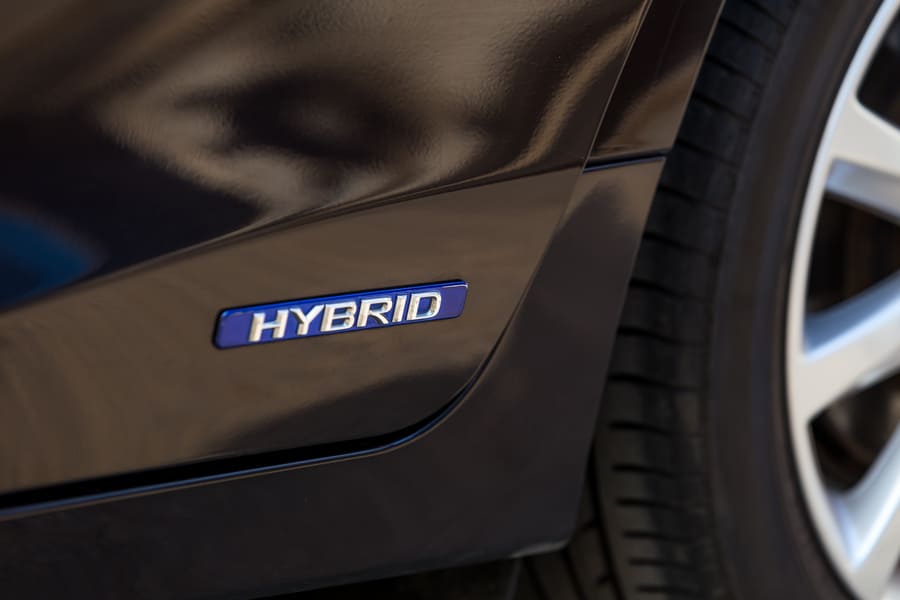
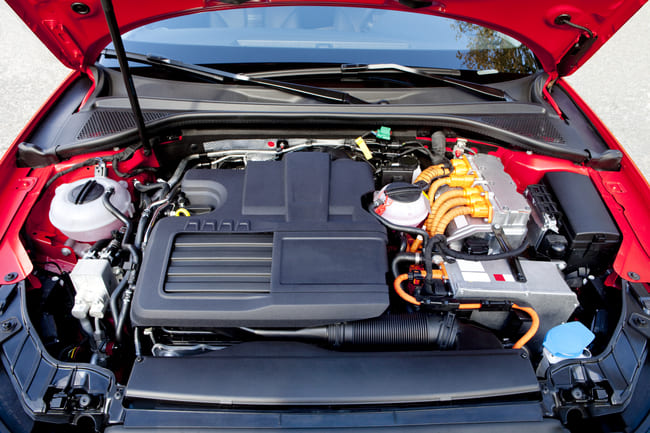

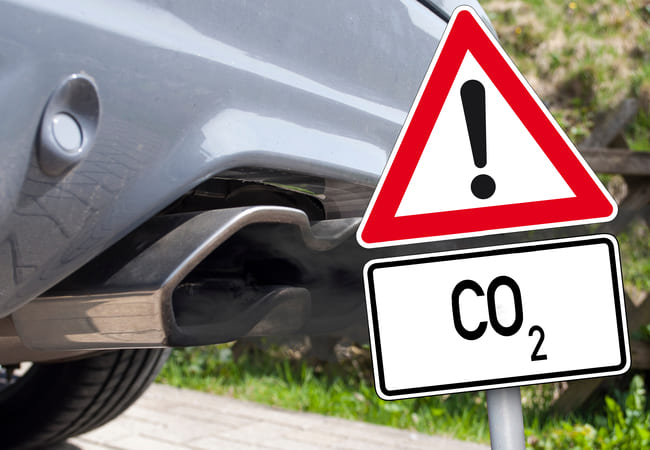

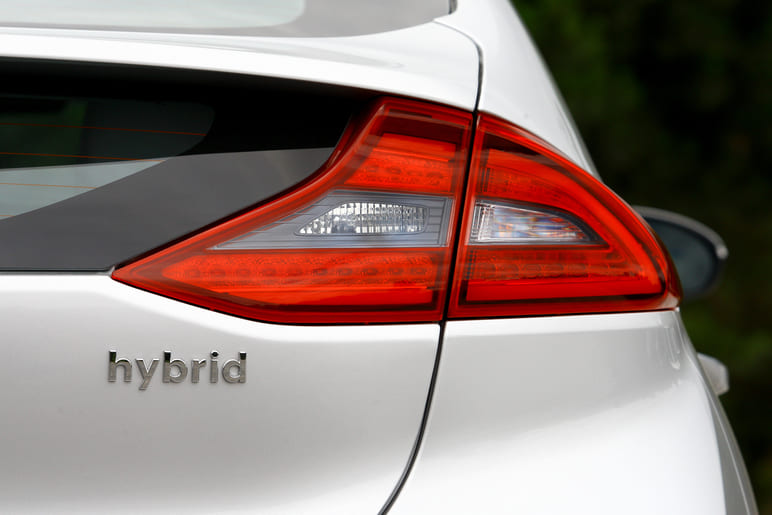
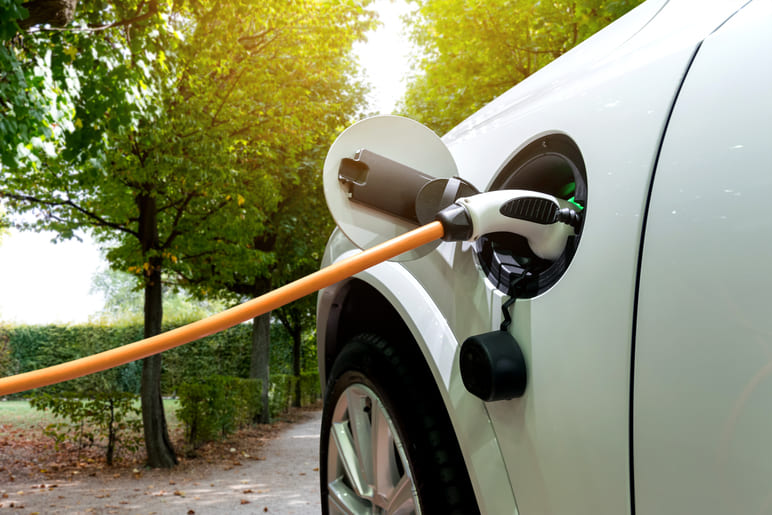

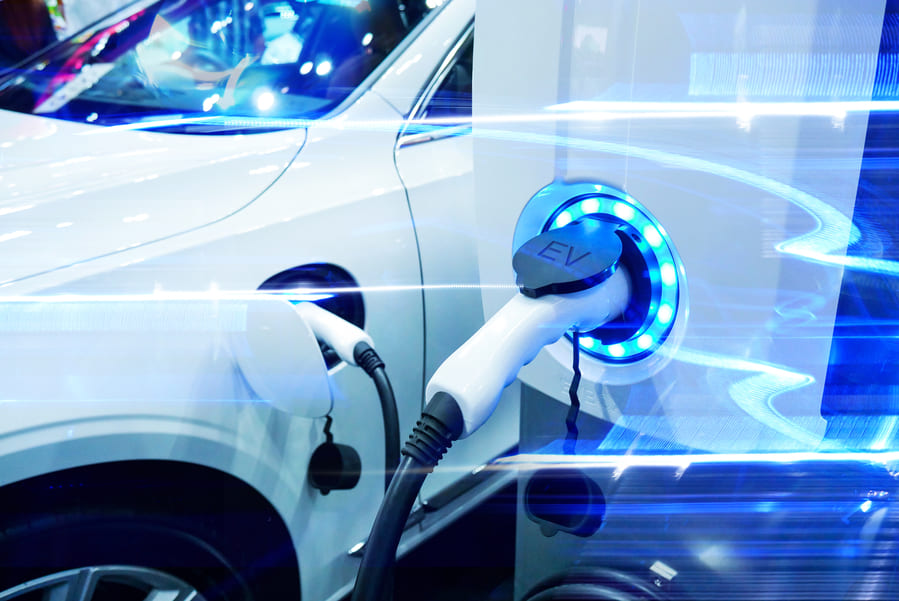
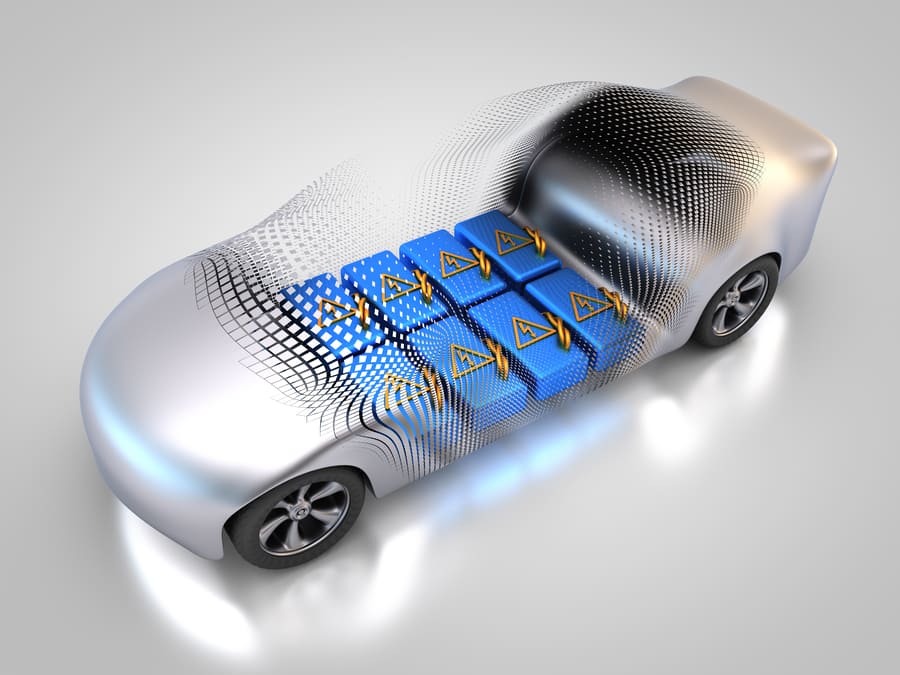
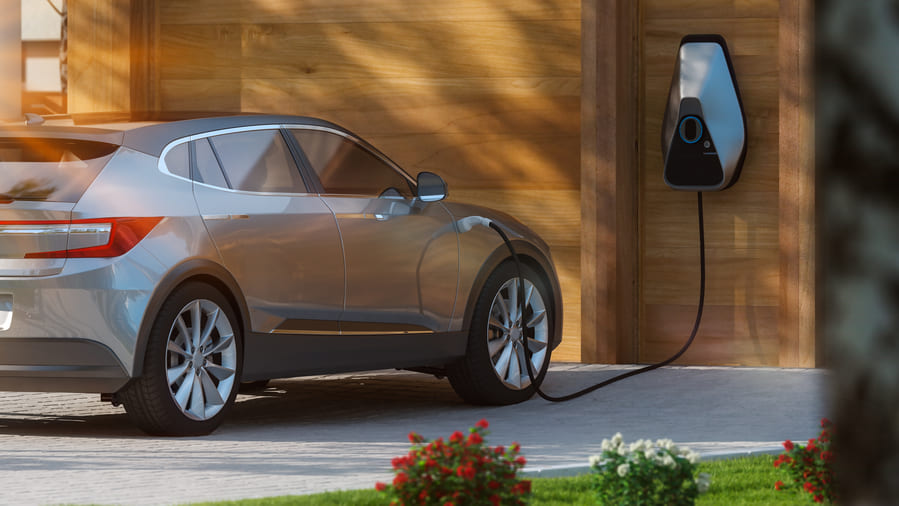
Comment